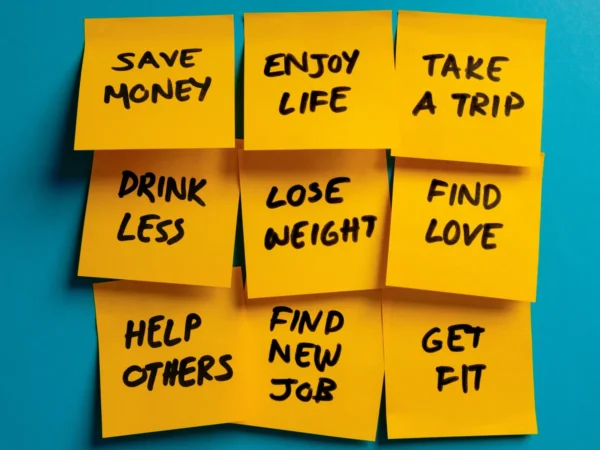
How Training Your Brain Could Help With Your Level of Success

Whether you’re growing your own a business or are climbing the career ladder, you may already have a list of things you do to help ensure success. Whether you have set goals you’re diligently working to tick off, have time specifically dedicated to researching the methods of successful leaders in your field, or have partnered with a mentor to help you stay on track, there are countless ways you can help set yourself up for success in business.
But, no matter how much time or effort you spend honing your skills in business, neglecting your mind or body can mean you’re not making as much progress as you’d hoped. In fact, your mental health and mental dexterity – and your physical wellbeing – are all hugely important aspects that shouldn’t be forgotten as you look to forge ahead in your career. With that in mind, we’ve outlined some ways in which training your brain – and getting some exercise – can help you succeed.
Every problem has a solution: everything depends on your attitude
As human beings we tend to stress about problems, and we worry about countless negative outcomes before anything even happens.
In this type of situation, it’s important to try to figure out what the actual issue is first, taking as analytic and objective an approach as you possibly can. This will help put things into perspective and make it easier to find the best solution to your issue.
Adopting a problem-solving mindset can help you avoid unnecessary stress and save you wasting time and energy that could be put towards your next project, goal or business adventure.
Test your brain and open your mind
One of the ways you can train your brain to become better at problem solving is through optical illusions. Optical illusions help improve your visual literacy – or, how we understand and derive meaning from visual information.
When we look at an image, our brains have the capability to deduce what that image represents and provide context based on past experiences. In a way, it works as a hard drive, storing information and retrieving it when it becomes useful. When the brain sees optical illusions, it immediately begins to make connections with things it’s seen before, predicting the most logical explanation for what it’s seeing.
So, next time you’re feeling bamboozled by a highly complex spreadsheet or chart – try a few optical illusions and then come back to your problem. You’ll find your mind feels more refreshed, trained and ready to tackle the problem.
“Mens sana in corpore sano” – healthy body, healthy mind
Many popular optical illusions – including the famous Ebbinghaus illusion of multiple coloured dots – give our brains a challenge by presenting “context” in a misleading way. Challenging yourself to optical illusion on a regular basis can help train your brain, making it better at spotting images and creating context each time.
But, before you proceed to exercise your brain until you get a headache, remember that your body needs to be in good shape too. It’s proven that a reasonable amount exercise increases the number of neurotransmitters in your brain.
One of the most important neurotransmitters (or hormones) released during a workout is dopamine, which helps you stay focused and be more productive and motivated. By combining physical exercise with exercise that trains your brain, you can face a new day in the office, an important meeting or tricky emails with greater ease.
In your quest for success, keep in mind that being successful isn’t dependant on any one factor. Success can’t be achieved unless you target every area of improvement you possibly can. You need the right mindset to be in place, a willingness to engage in challenges to tackle even the trickiest of problems and need to take care of your body. It’s a combination of all of these factors that will take you to the next level in your professional (and personal) career, and will bring forward opportunities to succeed.














































